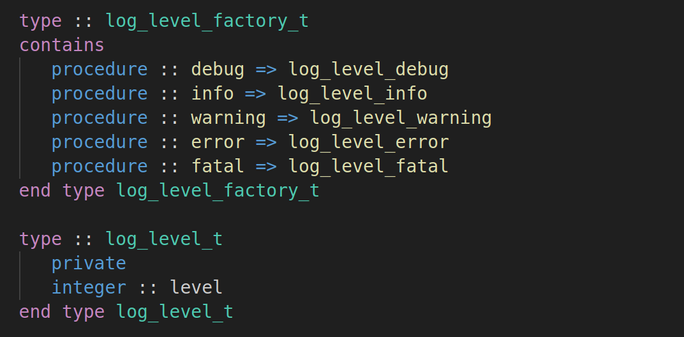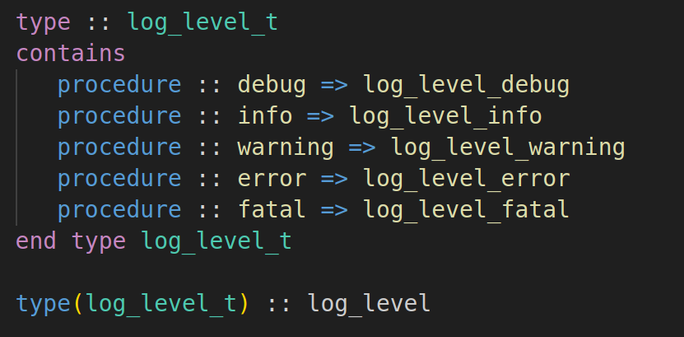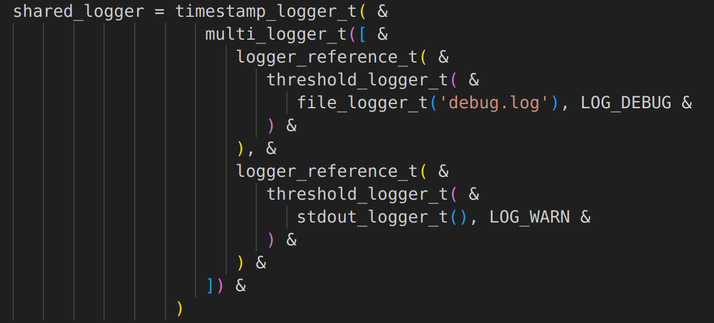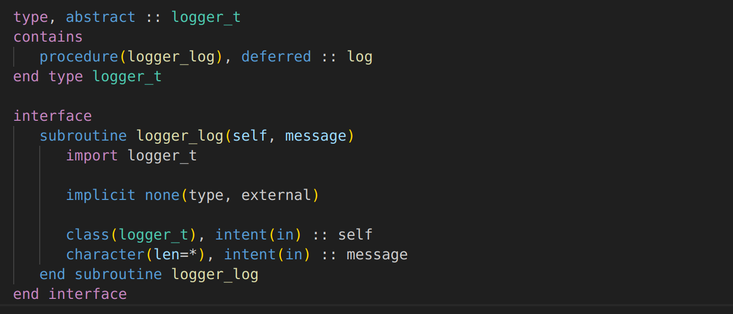New #Fortran post: "Enumeration, part 2" https://matthiasnoback.nl/2025/06/fortran-enumeration-part-2/
We increase type safety by narrowing the integer level argument to a derived type argument. By introducing a factory type for log levels we are able to separate responsibilities. Finally we allow level comparisons using operator overloading.

 Qiita - 人気の記事
Qiita - 人気の記事





